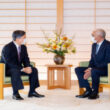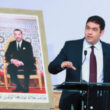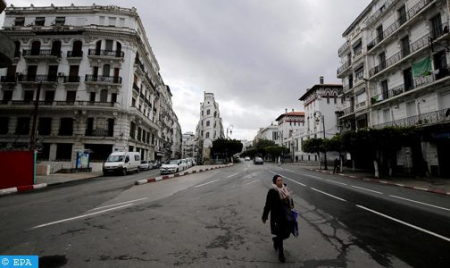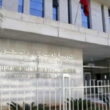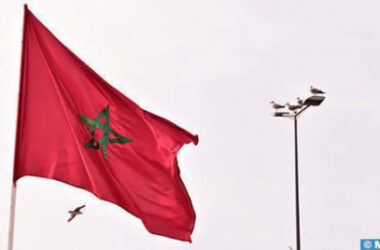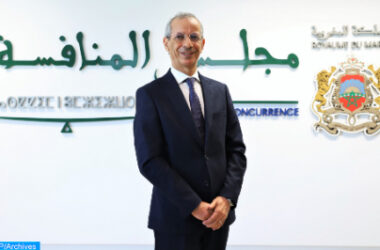“It is a regime that is clearly more authoritarian than before. It was authoritarian, but with room for freedom,” the researcher said.
“Today, we have entered a dictatorial phase for several reasons: questioning pluralism, political instrumentalization of terrorism accusation, defined very broadly, and a political context marked by militarization and conservative chauvinism,” notes the academic, specifying that first, pluralism, which was formal but had a kind of anchoring in political life, is “barely tolerated.”
The university professor reports a “gradual challenge” to this pluralism by dissolution procedures that have been initiated against several political parties and associations, stressing the existence of a “very strong pressure” on the independent media.
The second marker of this change in the nature of the regime, says Boumghar, is the revision in June 2021 of the legislation on terrorism, which came by presidential order and introduces two new elements among its constituent facts.
With this revision, what is criminalized here is the very demand of the Hirak, namely the radical change of the political system, notes the academic, adding that the weapon of the terrorism accusation has such a dissuasive effect that there is no need to resort to it massively, since the goal is to terrorize people.



